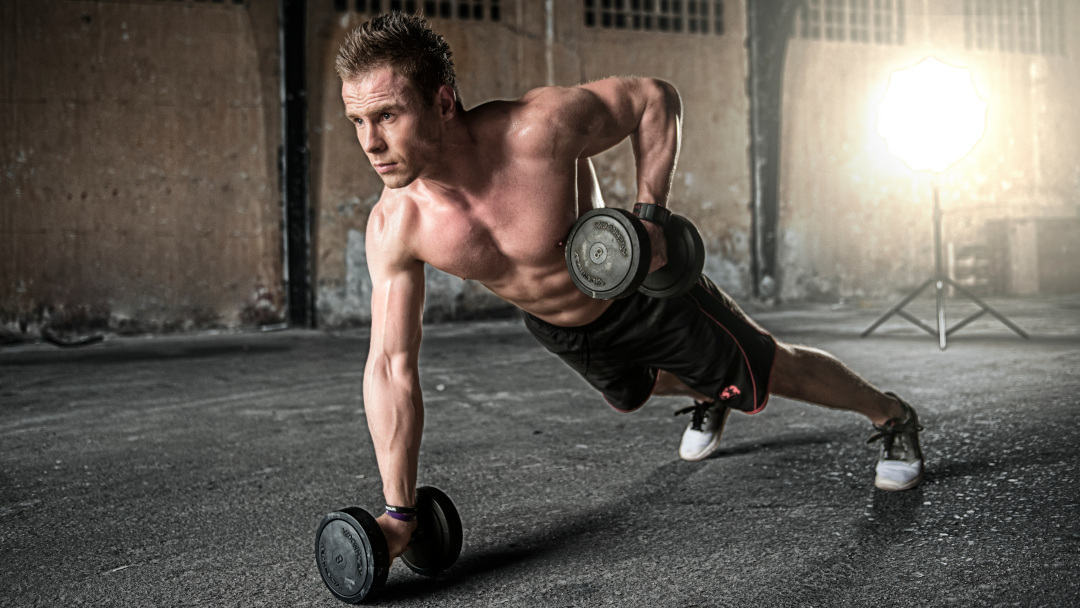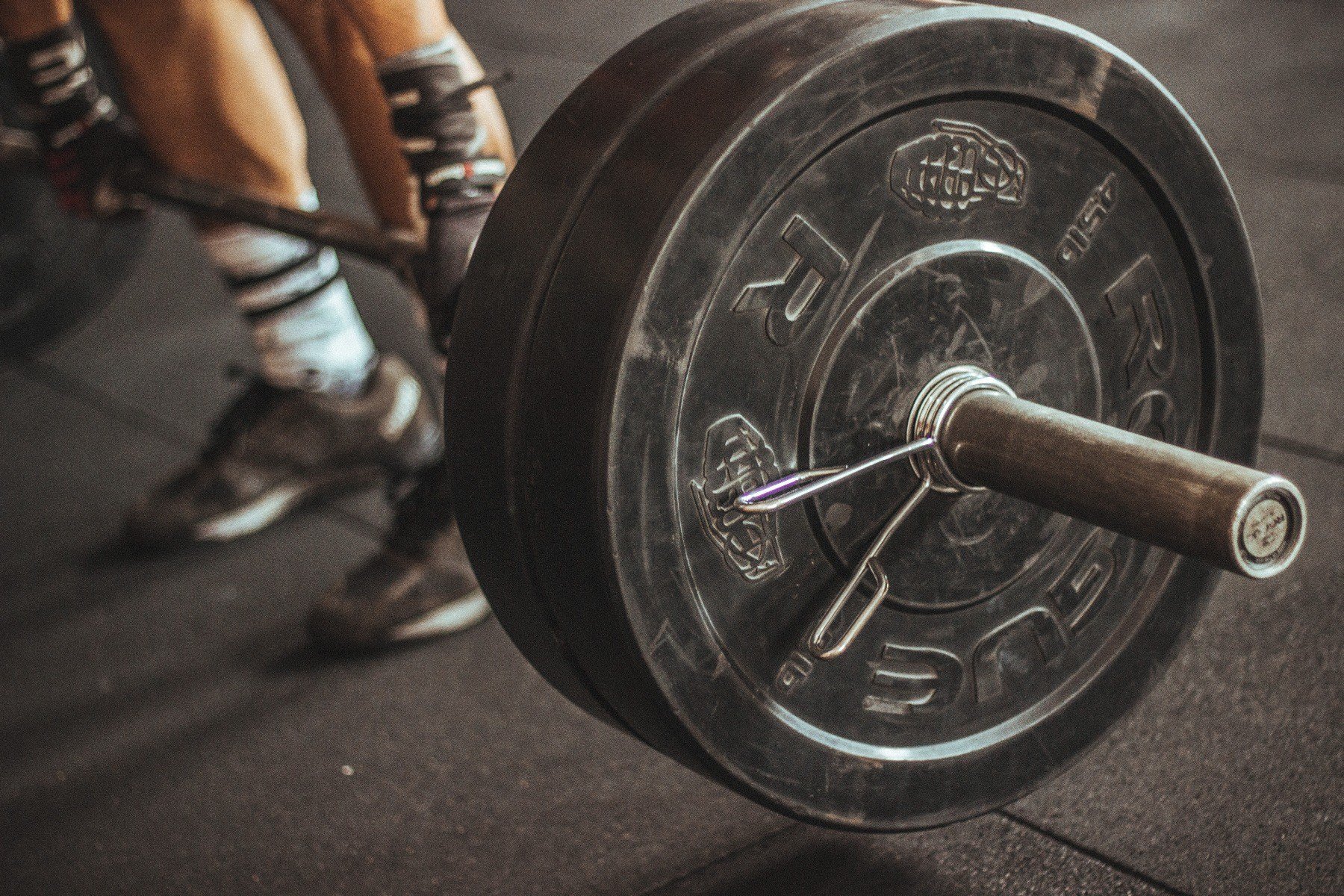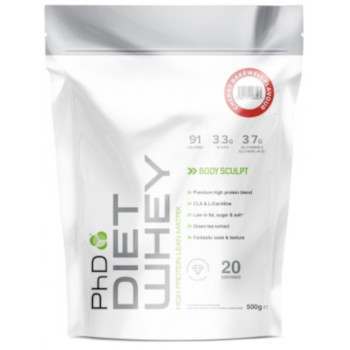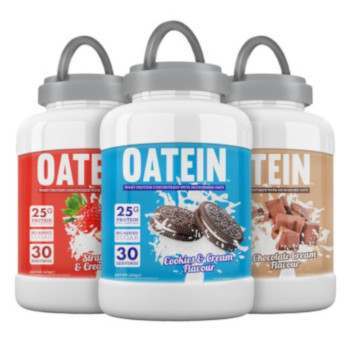What makes Whey Protein So Good? Everything you need to know.

Everything you need to know about Whey Protein
Ever asked your average gym goer which supplements they use to help them meet their goals? 99% of them will tell you loud and clear: Whey Protein powder is the keystone to getting the physique you want.
Without question the most prolific and best selling supplement on the market, Whey Protein is incredibly beneficial as a source of high quality protein. Not only is it highly convenient - great for making quick smoothies and cooking with, but it’s also a reasonably inexpensive way to reach your protein intake while avoiding consuming excessive fat or carbs.
But what’s the big deal with Whey and is Whey-ly that good? (Yes, we went there.)
What is Whey Protein?
Traditionally whey was a byproduct of the cheese making process and was cast off as a useless waste product. However, some bright spark realised that this Amino Acid rich protein gloup could be the perfect fuel source for bodybuilders and athletes the world over.
These days Whey protein is separated directly from milk, and with some processing becomes the powder-form whey we use to make our shakes and protein bars.
Whey protein contains all 9 of the essential amino acids (a ‘Complete' protein) we need in our diet for healthy body-function making it a particularly ideal source of protein.
The Benefits of Increased Protein in your Diet
Protein is a key component in nearly every cell in our body. From hair and nails to skin, blood and bones - Protein is a big player. Most importantly for us, protein is a key player in the process of building and repairing muscles - called protein synthesis.
The UK’s dietary recommendations suggest that we need to be eating around 55g of protein per day. However, that’s for normal humans. For athletes and gym junkies like ourselves we need to increase our intake of protein to respond to the abuse we dish out to ours muscles during hard exercise and allow for muscle growth.
Increased protein intake also has a variety of other benefits for athletes and non-athletes alike. Protein is filling: it decreases feelings of hunger, especially in comparison to fat or carbohydrate rich meals.
Protein also takes greater amount of energy to convert into glucose, meaning if it’s not used for protein synthesis, fewer calories will be eventually available for energy when compared to carbs. Some studies have also found the increased effort your body requires to process large quantities of protein increases your metabolic fat burning rate, resulting in upwards of 100 calories extra burned per day on a high calorie diet.

How Much Protein should you eat?
There’s no hard and fast rule regarding how much protein you need to be consuming. Most of us easily consume enough to prevent a deficiency (around 15% of our daily calorie intake). However, a healthy quantity for an athlete looking to optimise their diet for maximised muscle growth could benefit from consuming as much as 35% of their calorie intake in protein, as we use so much more during recovery.
Bear in mind though, If you follow a low calorie diet and engage in regular exercise this measurement may result in you not getting enough protein. In that case, follow the more accurate guide of consuming between 1.2 to 2.0 grams of protein per kilogram or roughly around 70-150g of protein per day.
Why Whey Protein?
Sure, there’s nothing wrong with chicken breast, tons of lentils or knocking back barrels of eggs, but for athletes who require high quantities of protein, whey hits the spot in a number of ways:
- Convenience - Protein powders can be made into the perfect shake. You can take them with you on the go or even make up at the gym.
- Versatile - Mix your whey with milk for a richer, authentic creamy flavour and more extensive macros or use them for cooking to make any number of delicious recipes.
- Digestible - For many of us, the last thing we need for breakfast or after a heavy workout is a typical protein-heavy meal like chicken breast. A simple protein shake is easy to drink and digest any time of the day. That said SOME people do find whey protein to be uncomfortable to ingest in general so it might be worth trying some samples before you dive in at the deep end with a 6kg bag of whey!
- Rapid Absorption - Whey protein is absorbed exceptionally quickly, meaning it gets to work almost instantly. Exactly what you need after shredding your muscle tissue during a tough workout - The result being faster and more efficient recovery.
- Rich in Leucine - Whey protein contains a high amount of leucine, an essential Branched Chain Amino Acid (BCAA) that has been shown to promote muscle growth and increase lean muscle mass - Check out our Guide to BCAA’s to find out more!
- Cost Effective - On the surface whey protein doesn’t appear all that cheap. However, when compared to other protein sources whey is typically cheaper (especially in comparison to red meat or chicken breast) and often more convenient.
Types of Whey
Whey protein comes in a few forms which will benefit different athletes according to their needs and requirements.
- Whey Protein Concentrate - My far the most common form of whey protein, Whey Protein concentrate is typically formed from between 30-90% protein, depending on the quality and intended goal of the product - For instance some powders are intentionally rich in carbohydrates to provide more balanced sustenance.
Whey Protein concentrate is the best place to start for beginners. It’s the least inexpensive option and will fulfil the needs of most athletes.
- Whey Protein Isolate - Whey protein isolates contain 90%+ protein making them perfect if you’re on a low carb diet and need to watch your macros. They’re also one of the most rapidly absorbing protein sources available ensuring they’re super effective post-workout.
- Whey Protein Hydrolysate - By far the most expensive form of whey protein, Hydrolysate protein has been broken down from whole proteins into smaller amino acid groups resulting in the fastest protein absorption possible - ideal if they’re focused on optimising your muscle growth! Because of this Hydrolyzed Protein is also easier on the stomach if you’re unlucky enough to suffer from stomach discomfort with whey protein concentrates.

When to take Whey Protein?
Phew. That’s a tough question. There’s a whole lot of debate concerning when exactly we should be consuming protein for the best results. Without a doubt it should be spaced out throughout the day in smaller portions to be most effective - typically between 20-40g of protein. Most people find whey protein shakes are ideal between meals or as a light breakfast. It’s important to remember that Whey protein shakes can’t replace a full and varied diet!
Whey Protein Pre-Workout
Necking a protein shake during, or immediately before your workout will probably do absolutely nothing for you. Even whey protein takes time to get to work! Consuming a protein shake around an hour before your workout can kick start the recovery phase both during and immediately after your workout.
Whey Protein Post-Workout
After a tough workout, our muscles are desperate for protein to efficiently rebuild. Though it’s somewhat debated, many people believe that consuming protein within 30 minutes of exercise will maximise your results - called the anabolic window.
Some studies show that this might not be the case however, and the ‘anabolic window’ might be considerably longer, so rather than worrying too much about exactly when to take your protein, focus more on getting enough within a few hours of your workout.
Whey Protein Before Bed
Consuming protein before you hit the pillow for the night has been shown to be an effective strategy for maintaining muscle growth, increasing muscle mass and speeding up recovery during rest. Even better than that, protein fills you up which can help keep hunger pangs at bay making sleep easier.
However, before you go ahead and start chugging protein shakes before bed consider another choice. Whey Proteins less popular, but no less dashing brother - Casein. Like whey, Casein protein is similarly extracted from milk. Unlike whey which is absorbed exceedingly rapidly, casein is absorbed slowly over the course of many hours, providing you with a gradual supply of protein throughout the night (or day!).
Check out our guide to Casein here.

Wheying things up…
We’re really spoilt for choice when it comes to Whey protein powders these days and there is a product for every athlete’s requirement or budget and you should pick an option that reflects your needs. If you need any advice, feel free to contact us, we’ll find the best product to suit what you’re looking for.
One thing we haven’t touched upon is taste! If you’re chugging a smoothie every day you have to be able to enjoy what you’re drinking. We offer a range of samples to let you choose your favourite HERE
Our Recommendations
PhD Nutrition Diet Whey

While the name might suggest that PhD Diet Whey is only suitable if you're looking to lose weight, PhD Diet Whey is a spot whey powder that will suit just about any athlete. With 34g of protein per 50g serving, PhD Diet Whey is rich in muscle-building BCAAs and host of fat burning helpers like L-Carnitine, Green Tea Extract and CLAs. Whether you're shredding the fat or building lean muscle mass, PhD is the go-to protein powder and probably our most popular products here at Echo Supplements.
Oatein Oats and Protein Powder

Many of us forget how important consuming quality carbohydrates is and oats are one of the healthiest sources of quality carbs you can get. They're super filling (and rather delicious). Oats and Protein power combines both protein and carbs to create a well-round fuel source for your body.
